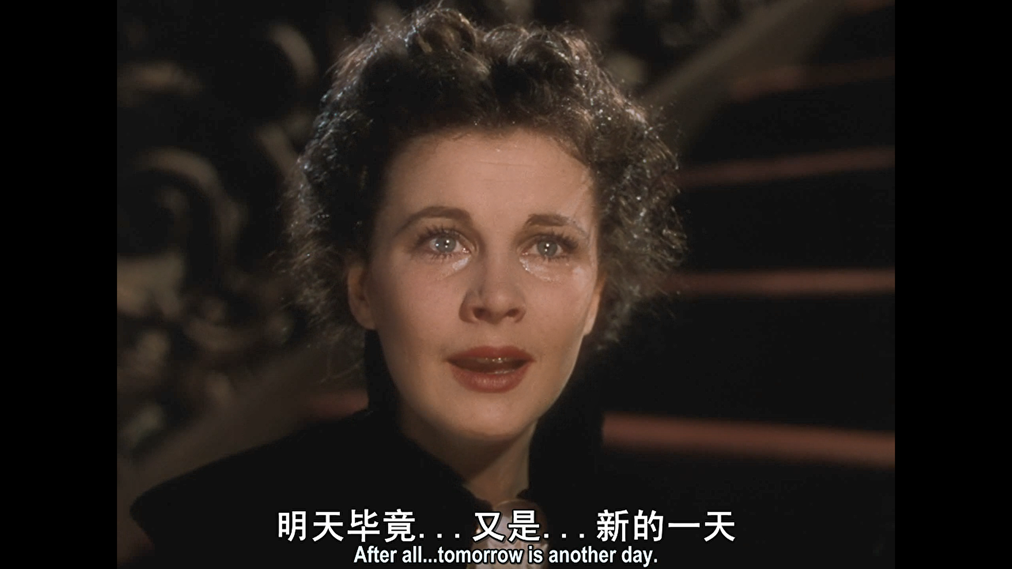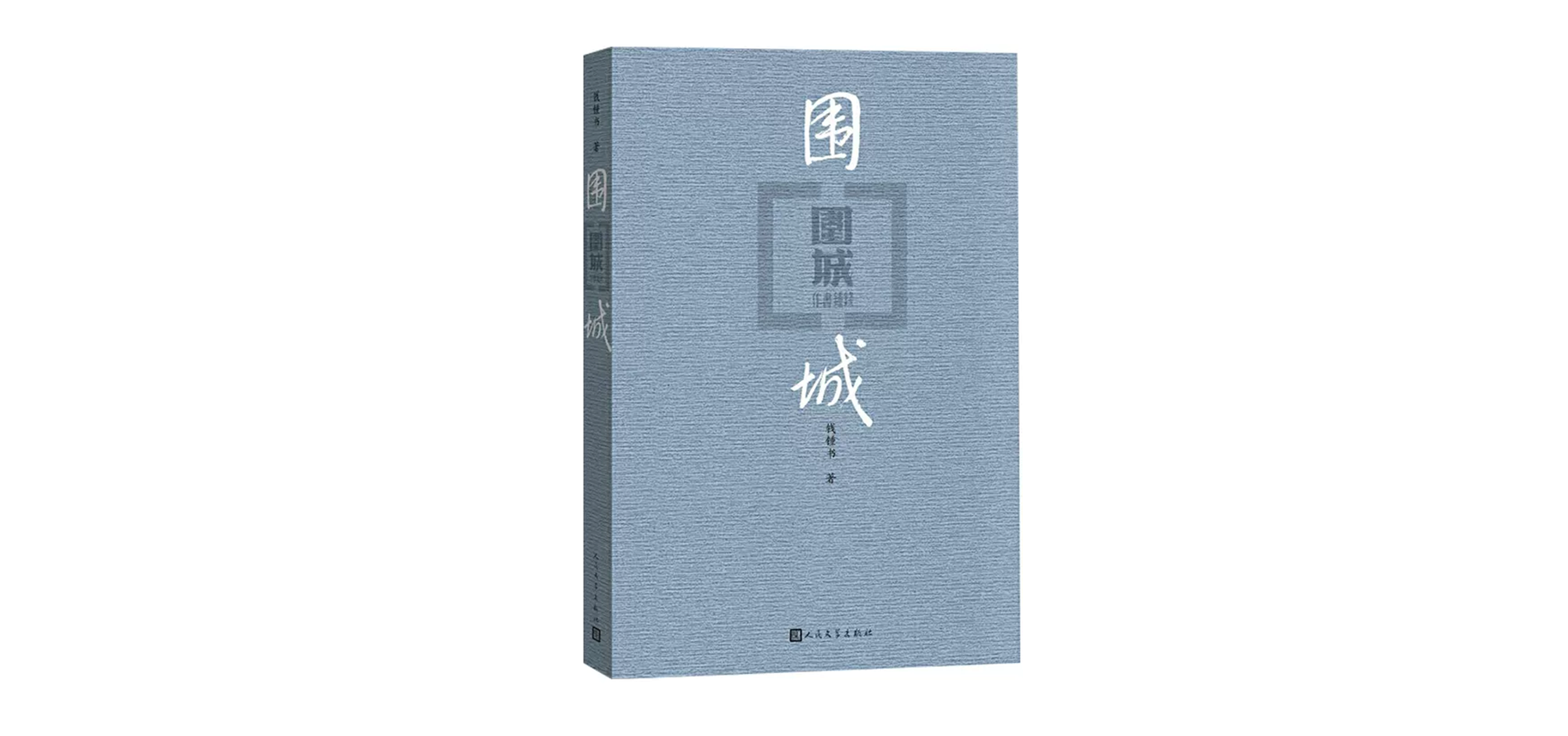MY 100-Day English -38

continues
I will focus on…
I started buying index cards in packs of 100 at the dollar store (一元店) and felt a sense of pride whenever I finished another pack.
The practice was wonderful for reducing decision fatigue, but I was still much too focused on the negative throughout the rest of my life. Over the next few months, I came across (偶然发现,遇到) research that convinced me it wasn’t my fault.
What do I mean?
It turns out (原来,被证明是) our brains contain an almond-sized amygdala that secretes (分泌,藏匿) fight-or-flight hormones all day. A couple hundred thousand years of evolutionary programming makes us want to stare at (盯着) bad news, sad news, and controversial (有争议的) news — endlessly. This naturally ingrained (根深蒂固的;彻头彻尾的) tendency is why we rubberneck (伸长脖子看) on the highway, scan for the one-star review, and immediately find the one question we got wrong on the math test. Our amygdalas are fantastic at looking for problems, finding problems, and solving problems, but they’re also ripe (熟的, 水到渠成) for exploitation. News media and social media sites have perfected that perfect sour-sweet-sour combo (联合体;结合物) that grabs the greatest amount of our attention possible. So I decided it wasn’t my fault I was negative — it was the world’s fault!
But I live in the world. So what did I do? A study comparing people who wrote down gratitudes to people who wrote down hassles (麻烦) or events taught me that if I write down things I’m grateful for every week over a 10-week period, I’ll not only be happier, but physically healthier.
Each day, I added this to the back of my index card:
I am grateful for…
Do you do bicep curls (二头肌弯举)? Hamstring (腿筋) curls? I started thinking of gratitudes as a brain curl. The key is that they really need to be specific. Writing down things like “my apartment, my mom, and my job” over and over doesn’t do anything. I had to write down things like, “the way the sunset looks over the hostel across the street,” or “when my mom dropped off leftover (残留物;吃剩的饭菜) matter paneer,” or “having lunch in the cafeteria (自助餐厅;小餐厅) with Agostino today.”
I was proud of my new morning index card habit, but I still found myself holding too much stress. Then I came across a study in Science called “Don’t Look Back in Anger!” showing that minimizing regrets (遗憾) as we age increases contentment (“不要在充满愤怒中回看过去!”表明随着年龄的增长,最小化遗憾可以增加满足感). In other words, the act of sharing what’s worrying you actually helps extricate (解脱) it.
So I added one final line to my daily index card:
I will let go of…
I will let go of…the rude email I sent last night at 11 p.m. I will let go of…the meeting with the boss I completely missed. I will let go of…the fact that I haven’t called my parents in two weeks.
The difference this little practice made in my life has been incredible. Because the truth is, we’re only awake for around 1,000 minutes a day on average. If we can invest just two of them to prime (做准备,填充) our brains for positivity, then we’ll be helping ensure the other 998 minutes of our days are happier.
Over time, I switched the order around, turned it into a formal journal (日记), and now leave it on my night table. When I wake up, it’s the first thing I see, and the fact that it’s so short helps me feel like I’m setting up my day for success before I even begin.
Am I completely cured? Am I always happy now? No! Of course not. But this two-minute, research-based morning practice has massively improved the quality of my days.
I will let go of…
I am grateful for…
I will focus on…
I hope it does the same for you.
See you tomorrow







